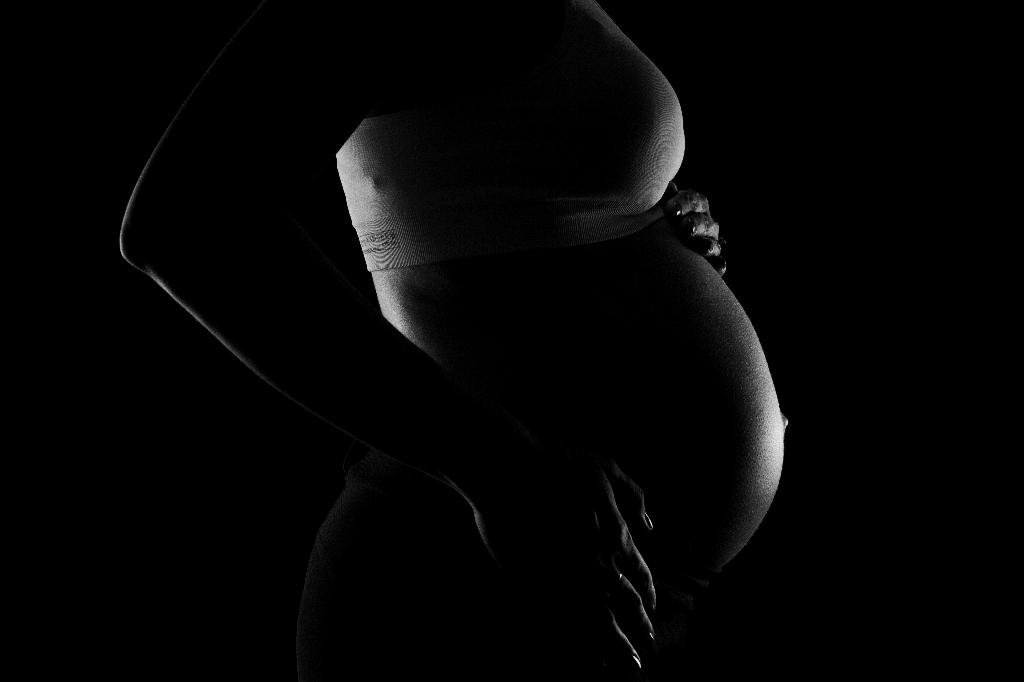During pregnancy, the body undergoes significant changes to support the developing fetus. One common complication that can arise is preeclampsia, a condition characterized by high blood pressure and signs of damage to other organ systems, most often the liver and kidneys. Preeclampsia is a serious condition that requires close monitoring and management to ensure the health and well-being of both the mother and the baby.
Understanding Preeclampsia and its Symptoms
Preeclampsia is typically diagnosed after 20 weeks of pregnancy and is characterized by elevated blood pressure along with the presence of protein in the urine. Other symptoms may include severe headaches, vision changes, abdominal pain, shortness of breath, and swelling in the hands and face. If left untreated, preeclampsia can lead to serious complications for both mother and baby.
The Role of Potassium in Pregnancy and Preeclampsia
Potassium is an essential electrolyte that plays a crucial role in various bodily functions, including maintaining proper muscle function, nerve transmission, and fluid balance. During pregnancy, the demand for potassium increases to support the growth and development of the baby. Low levels of potassium, known as hypokalemia, can have detrimental effects on both the mother and the baby.
Research Findings on Potassium Levels in Preeclampsia
Studies have shown that women with preeclampsia tend to have lower levels of potassium in their blood compared to women with normotensive pregnancies. The exact mechanism behind this association is not fully understood, but it is believed that changes in potassium levels may be related to the development and progression of preeclampsia.
Implications of Low Potassium Levels in Preeclampsia
The presence of low potassium levels in women with preeclampsia may indicate an imbalance in electrolyte levels that could contribute to the pathophysiology of the condition. Monitoring potassium levels in pregnant women with preeclampsia is crucial for early detection and management of the condition to prevent potential complications.
Managing Potassium Levels in Pregnancy
Ensuring adequate potassium intake through a balanced diet is essential for maintaining optimal levels during pregnancy. Foods rich in potassium include bananas, sweet potatoes, avocados, and leafy greens. In some cases, supplementation may be necessary to address low potassium levels, but this should always be done under the guidance of a healthcare provider.
Early Detection and Treatment of Preeclampsia
Regular prenatal check-ups that include monitoring of blood pressure and urine protein levels are key to detecting preeclampsia early. In cases where preeclampsia is suspected, further tests, including blood work to assess electrolyte levels such as potassium, may be necessary to confirm the diagnosis and determine the appropriate course of treatment.
Risks and Complications of Untreated Preeclampsia
Untreated preeclampsia can lead to serious complications such as eclampsia, a life-threatening condition characterized by seizures. Preeclampsia can also increase the risk of placental abruption, fetal growth restriction, preterm birth, and long-term health issues for both the mother and the baby.
Educating Women on the Signs and Symptoms of Preeclampsia
Ensuring that pregnant women are aware of the signs and symptoms of preeclampsia is crucial for early recognition and prompt medical intervention. Educating women on the importance of regular prenatal care and self-monitoring for symptoms such as high blood pressure, swelling, and changes in vision can help prevent complications associated with preeclampsia.
The Importance of Individualized Care and Support
Each pregnancy is unique, and the management of preeclampsia should be tailored to the specific needs of the mother and the baby. Collaborating with a healthcare provider to develop a personalized care plan that includes regular monitoring of blood pressure, urine protein levels, and electrolyte levels can help ensure the best possible outcomes for both mother and baby.
Conclusion
In conclusion, while low potassium levels may be associated with preeclampsia, it is important to recognize that preeclampsia is a complex condition with multifactorial causes. Monitoring and managing potassium levels, along with other key factors such as blood pressure and urine protein levels, are essential components of comprehensive prenatal care to mitigate the risks associated with preeclampsia and ensure a healthy pregnancy.

